-
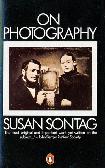
On Photography
-
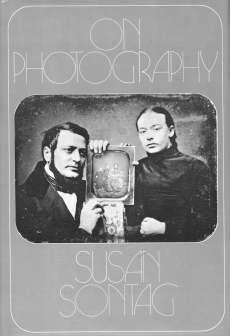
On Photography
-
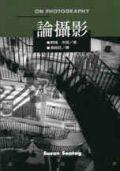
論攝影
從一開始,攝影便指向了捕捉最大可數目的題材,可是繪畫從沒有這麼帝國主義式的視野,後來攝影科技產業化的實現,乃是因為攝影在一開始時便與生俱來的許諾──以「譯成影像」的方式,「平等」一切經驗。 攝影家被想成一位銳利但不帶干擾性質的觀察者──一位書記而非詩人。但是當人們很快發現,沒有兩個人能就同一件事拍出相同的照片,相機能夠提供非個人的客觀影像的臆想,便向「相片不僅證明那兒存在著怎樣的東西,而且是某個個人看見了什麼」以及「照片並非僅是記錄,而且是一種對於世界的評價」這樣的事實投降。 攝影影像的終極智慧是說:「那是表面。現在,想,或者更正確地說──感覺,或用你的直覺去體會、捕捉,在那之上的是什麼東?如果它看起來是這個樣子,那麼真正的現實會是怎麼樣?」照片是對懷疑、推論和幻想的無盡邀請,它本身無法解釋任何事情。 -
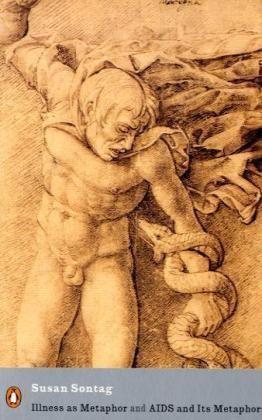
Illness as Metaphor and AIDS and Its Metaphors
Sontag wrote "Illness as Metaphor" in 1978, while suffering from breast cancer herself. In her study, she reveals that the metaphors and myths surrounding certain illnesses, especially cancer, add greatly to the suffering of the patients and often inhibit them from seeking proper treatment. By demystifying the fantasies surrounding cancer, Sontag shows cancer for what it is - a disease; not a curse, not a punishment, certainly not an embarrassment, and highly curable, if good treatment is found early enough. Almost a decade later, with the outbreak of a new, stigmatized disease replete with mystifications and punitive metaphors, Sontag wrote "Aids and Its Metaphors", extending the argument of the earlier book to the AIDS pandemic. -
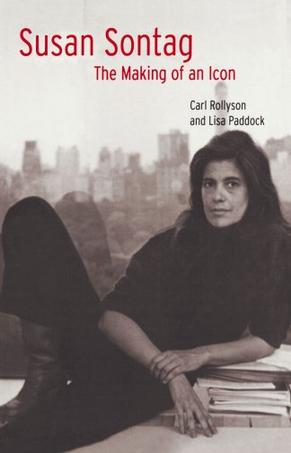
Susan Sontag
Ever since she took American culture by storm with the publication of her Notes on Camp in 1964, Susan Sontag has been a star. Her austere glamour has been a critical factor in her success, making her a role model for intellectual women, a sex symbol for brainy men. She has never ceased to fascinate the public: as brilliant wunderkind, bringing the latest in French thought to America; as sophisticated analyst of her own experience with cancer in Illness as Metaphor; as champion of free speech in the Rushdie Affair; as theater director in besieged Sarajevo; and, with the publication of The Volcano Lover, as best-selling historical novelist. Yet she has both courted that fascination and insisted on holding it at a distance, demanding control over her public image. This first -- and most definitely unauthorized -- biography delves beneath the surface to examine the forces that made Susan Sontag an international icon. Carl Rollyson and Lisa Paddock explore her public persona and private passions, including the strategies behind her meteoric rise to fame and her political moves and missteps. Above all, they show how the life of Susan Sontag reveals to us the way we live now. -
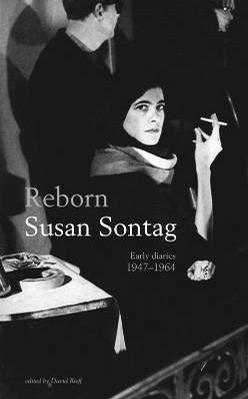
Reborn
'I intend to do everything . . . I shall anticipate pleasure everywhere and find it too, for it is everywhere! I shall involve myself wholly . . . everything matters!' So wrote Susan Sontag in May 1949 at the age of sixteen, in the early pages of this selection from her private diaries written in her youth and early adulthood. Reborn is a kaleidoscopic self-portrait of one of America's greatest writers and intellectuals, teeming with Sontag's voracious curiosity and appetite for life. We watch the young Sontag's complex self-awareness, share in her encounters with the writers who informed her thinking, and engage with the profound challenge of writing itself - all filtered through the inimitable detail of everyday life.